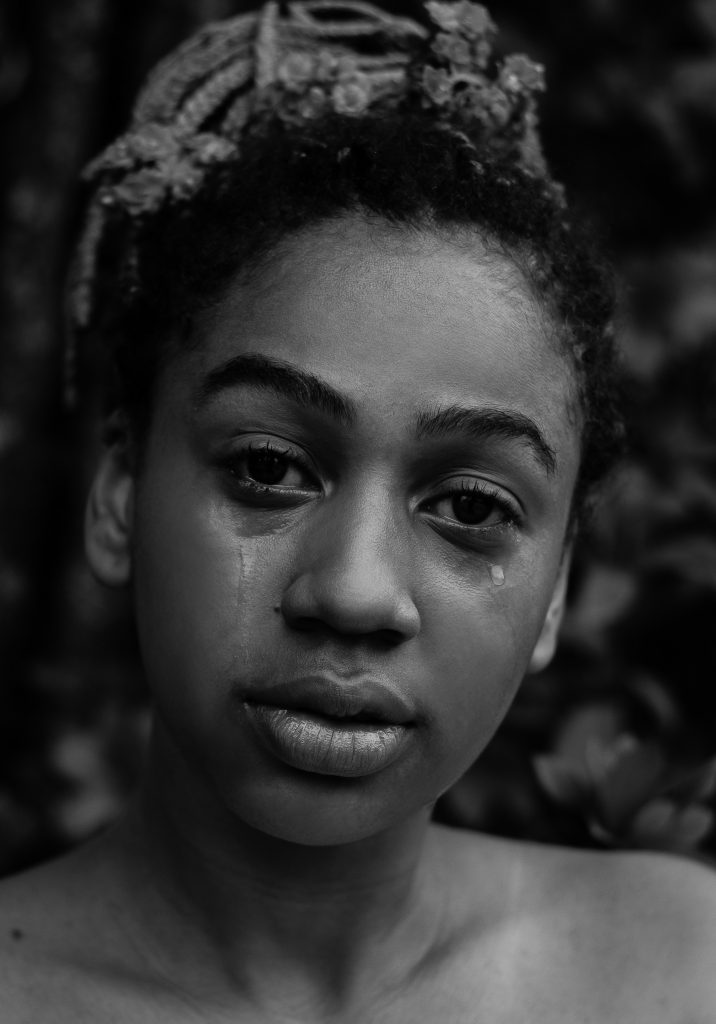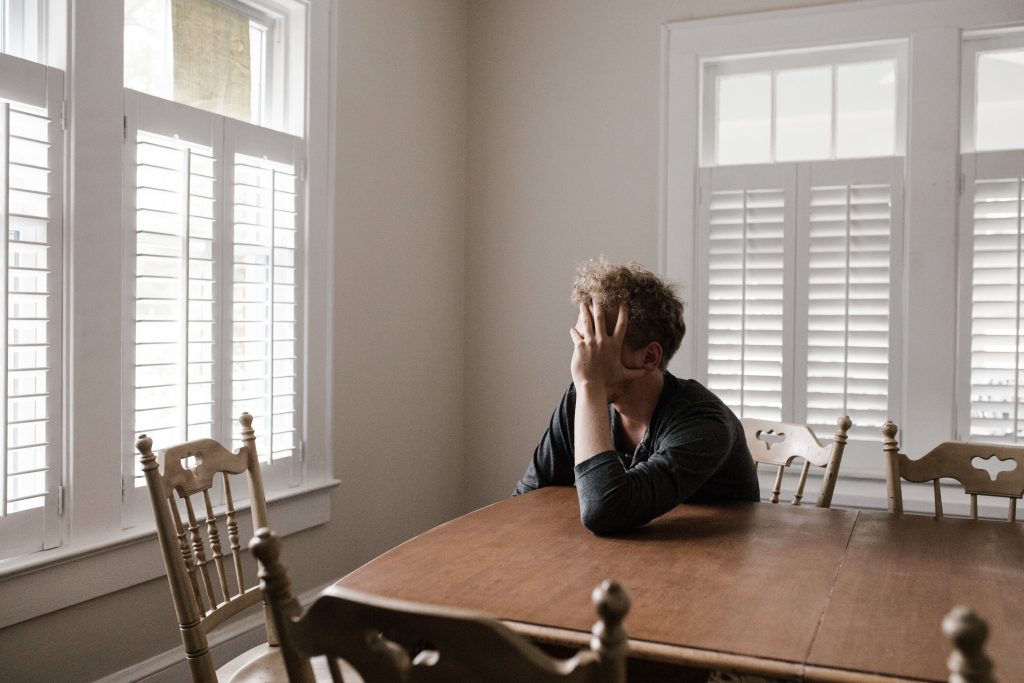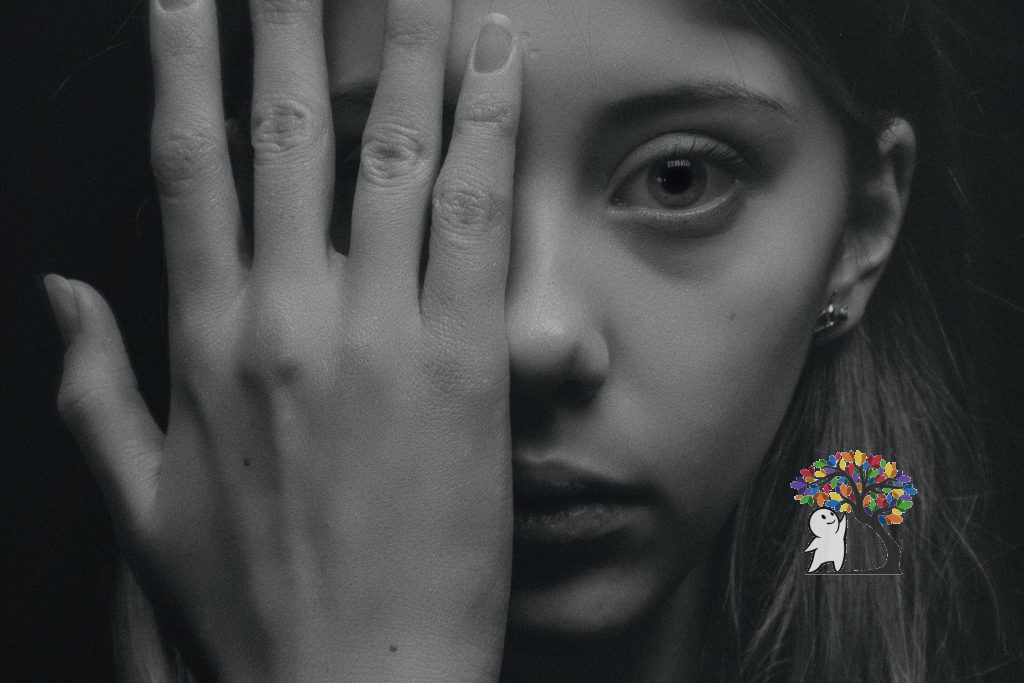This Is How Depression Feels

Hey, Psych2Goers! Before we get started, this is a disclaimer that this article isn’t meant to diagnose, treat, or cure anyone. It is our best take on explaining a complex mental illness that varies for everyone. It’s not meant to generalize or simplify anyone’s depression, so please treat it as general information, not a comprehensive description.
Have you ever wondered what depression feels like? Or, if you have depression, do you struggle with describing how it feels to others? What most people don’t understand is that depression is much more than having a bad day or an off week. It’s a mood disorder that causes constant feelings of sadness, disinterest, and emptiness. While there is no single cause, some possible contributing factors are genetics, trauma, or abuse. Because depression affects someone mentally, physically, and socially, most people don’t have a good understanding of what it feels like. They may say things such as, “Everyone is struggling, so get over it,” or, “You just need to have some fun to cheer up.” However, depression cannot be compared to anyone else’s struggles, nor does it have a simple fix. Curious to know other misconceptions and myths about depression? Here is how depression feels on a daily basis.

1. Waking up exhausted and drained
Have you ever pulled a late night and woken up feeling awful? Imagine that but every day. Often times, regardless of how much sleep someone with depression gets, they’ll wake up without any energy. This lack of energy makes it hard to get out of bed and do daily tasks that seem automatic to people without depression. Think of depression as an invisible weight that brings someone down everywhere they go. You may not be able to see the weight, but it’s always there and making life harder for them, so try to be as understanding and kind as possible.

2. Feeling as if there’s no joy in life
Have you ever tried to pay attention to a class you didn’t enjoy at all? Time seems to go slower, and all you can do is count the minutes until it’s over. People suffering from depression may feel as if there is no joy or pleasure in life, making them uninterested in everything. In everyday life, everyone has a hard time concentrating on things they don’t enjoy, such as homework or chores. However, what happens when someone doesn’t enjoy life in general? They’ll likely become unresponsive and unfocused on the world around them. So, instead of dismissing someone as being “a downer” or boring, try to understand why they’re uninterested.

3. Low self-esteem
Do you compare yourself to all the models and influencers on social media? People with depression do that on a larger scale. While they may think their body isn’t picture-perfect, it likely goes deeper to them thinking they’re a failure as a person, family member, friend, and everything else. They may see everyone around them living happily and think it’s their fault they’re struggling. Of course, that isn’t the case since depression is no one’s fault, but just like trying to stop comparing yourself to social media, trying to stop thinking you’re a failure is extremely difficult.

4. Complicated relationship with food
Have you ever eaten because you felt sad, bored, or lonely, but not hungry? Much like eating to pass time, people suffering from depression may use food as a coping mechanism. They could overeat to distract themselves from how they feel or to avoid feeling numb. On the other hand, someone with depression could also under eat. They may feel too numb or uninterested, making eating hard and food seem unappetizing. Try to understand that just because someone has food, doesn’t mean they’re eating healthily, so avoid phrases like, “You should be grateful you have the option to eat, “or, “You’re taking what you have for granted.” Instead, listen to why they’re not eating healthily and try to keep in mind it’s not something that can be fixed overnight.

5. Everything feels hopeless
Do you ever feel like things will never get better? Whether pandemic related or not, everyone can think of a time they felt helpless. However, people with depression feel hopeless, not just about the state of the world, but themselves as people. They may think they’ll never amount to anything or that they’ll never learn how to cope with depression. This constant state of hopelessness can lead to them being tired all the time, unmotivated, and more.

6. Unhealthy sleeping patterns
Have you ever had trouble sleeping? Maybe you were up tossing and turning about a job interview in the morning and just couldn’t fall asleep. Many people with depression struggle with this every night. Depression is sometimes linked to other struggles such as insomnia and anxiety, both of which make sleeping even harder. On the other hand, someone with depression could sleep too much since it can be an escape from their daily struggles. Sleep is one of the most important things for your mind and body, meaning without a healthy sleep pattern, someone is more exhausted, irritable, and stressed, so try to remember this before getting frustrated with someone suffering from depression.

7. Physical pain
Imagine the worse headache you’ve ever gotten. Now, imagine getting that around once every two weeks. While many people think mental and physical health are completely different, they actually overlap in many ways. For example, people with depression are more prone to body aches, headaches, nausea, and muscle tension. So, while you may not be able to know the complex thoughts and feelings they have every day, everyone knows what physical pain is like. Try to emphasize with them and let them know you know they’re in both mental and physical pain.

The bottom line is that most people don’t truly understand anything unless they experience it themselves. Meaning, if you haven’t been through something, you cannot make any assumptions about how it felt or how to deal with it. And even if you have, no one’s feelings and experiences are invalid, worthless, or wrong. After all, everyone is unique and goes through different things every single day.
We hope drawing parallels from your daily life to depression helped you understand it better! Do you think it did? If you’re struggling with depression, do you think this video will help you explain it to others? Feel free to leave a comment with your experience, feedback, or suggestions!




Responses